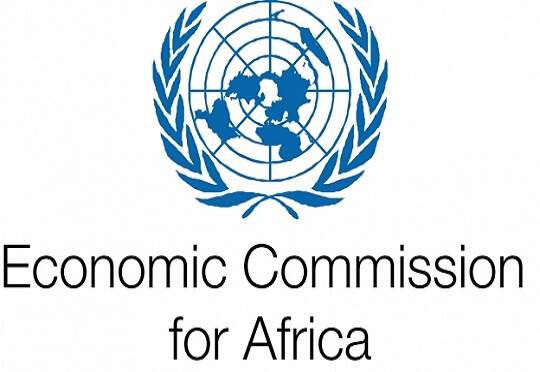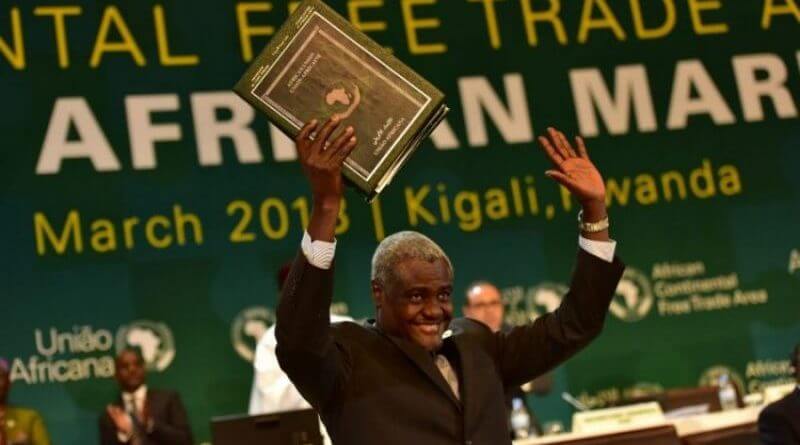The Coronavirus pandemic (COVID-19) has become a fully-fledged global economic crisis with governments now issuing Level 4 – Do Not Travel advisories, instituting curfews, partial and full lockdowns. These lockdowns that started from Wuhan, China - the epicentre of coronavirus outbreak - are fast turning in to the safest way of life with Italy, Spain, India, South Africa, Uganda, Kenya, and Rwanda among countries administering shutdown doses. The lockdowns mean that factories and private companies cease most economic activities. Therefore, disposal incomes for both people and companies is reduced in sectors of the economy including the health, manufacturing, retail, trade, transport, tourism, entertainment, education and many others. Conservative estimates indicate that the global economic aftermath of COVID-19 pandemic could last at a minimum of one year. The Organisation for Economic Co-operation and Development (OECD) estimates annual global GDP growth is expected to drop to 2.4% in 2020, from an already weak 2.9% in 2019. World exports are forecast to decline by more than 5% to US$1.28 trillion in 2020. Further, the United Nations Conference on Trade and Development (UNCTAD) reports that the number of container cargo ships from China, reduced by 30 percent, in January 2020 alone from 540 ships to 370 ships per day. A March 10, 2020 Baker-McKenzie report highlights that many African countries face a “twin supply-demand shock,” due to a decrease in imports of manufacturing inputs and supplies from China and reduced demand from exports in key sectors in various export markets. Reports from the Uganda...
What should be done to make the economy survive the COVID-19 pandemic
Posted on: April 8, 2020
Posted on: April 8, 2020






















